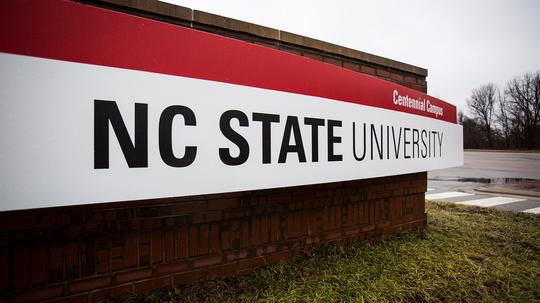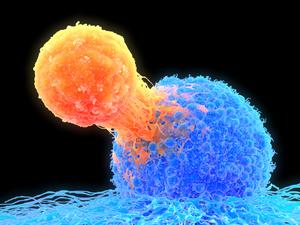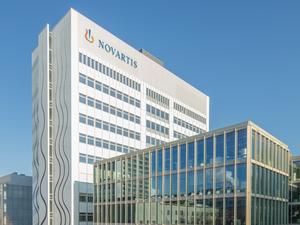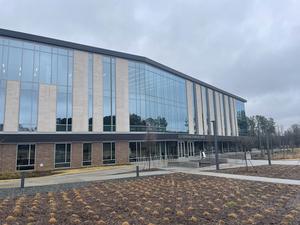
An initiative out of North Carolina State University aims to improve the biomanufacturing process of viral vectors, which are key tools in developing cell and gene therapies and other complex medicines.
The Viral Vector Initiative in Research and Learning, called NC-VVIRAL, opened July 22 in a newly outfitted lab at the university's Centennial Campus that will serve as the focal point of this effort. Through this initiative, researchers at N.C. State will work with scientists at other local universities and industry partners to create new biomanufacturing technologies dedicated to improving the production of viral vectors.
The gene therapy industry has exploded in recent years, and the Triangle has become a focal point for new companies and emerging technologies, leading to a flood of capital pouring into the region.
Viral vectors are essentially tools designed to deliver genetic material into cells for treatment or research purposes. The technology has existed for more than 20 years, but biomanufacturing equipment and processes remain lacking, said Stefano Menegatti, an associate professor at N.C. State who is helping lead this effort.
"The real issue these companies are facing is manufacturing sufficiently large amounts of pure viral vectors is challenging," Menegatti said. "We do not have, as of today, a true complete portfolio of manufacturing technology to make them."
The initiative's core lab, which opened July 22 at Centennial Campus, totals about 1,000 square feet and is outfitted with new equipment purchased by the university and through the support of industry partners. Space in additional labs on campus gives the initiative a footprint of about 4,000 square feet.
The work in these labs will be, in part, supported by research grants from agencies like the U.S. Food and Drug Administration, said Michael Daniele, an associate professor at N.C. State. Last year the university received a nearly $600,000 grant from the FDA to develop integrated purification and sensing technologies focused on the affordable production of adeno-associated viruses, according to a federal government spending database.
This affordability issue is one of the current problems with gene and cell therapies, as the treatments can cost up to $1 million. Optimizing the biomanufacturing could play a role in bringing these costs down.
"Gene therapy products ... if produced so people could have them, they will cure diseases in one shot," Daniele said.
While the idea for this lab was partially in response to the growing number of cell and gene therapy companies setting up shop in the region, the initiative plans to focus on additional therapeutic areas that use viral vectors.This includes some cancer therapies and vaccines, like the Covid-19 shot developed by AstraZeneca. Menegatti said the initiative wants to look at all of these different therapeutic areas as the use of viral vectors becomes more prevalent.
"The day will come when we treat diabetes with viral vectors," Menegatti said.
Along with designing new biomanufacturing processes, the initiative aims to train students and build a talented workforce pipeline. The two professors have about a dozen students combined between their two labs, a number that could increase by 50 percent with the influx of future dollars in the initiative, Daniele said.
Additionally, the initiative could promote combined teams from multiple schools, including UNC-Chapel Hill and Duke University, Daniele said. This also includes community colleges in the area that have programs related to the initiative's goals.
"Ideally, their students and our students become interdisciplinary and it spreads the knowledge around different parts of the region," Daniele said.




